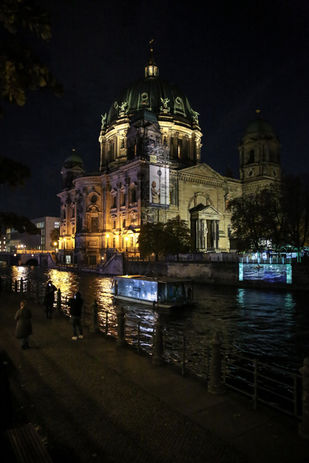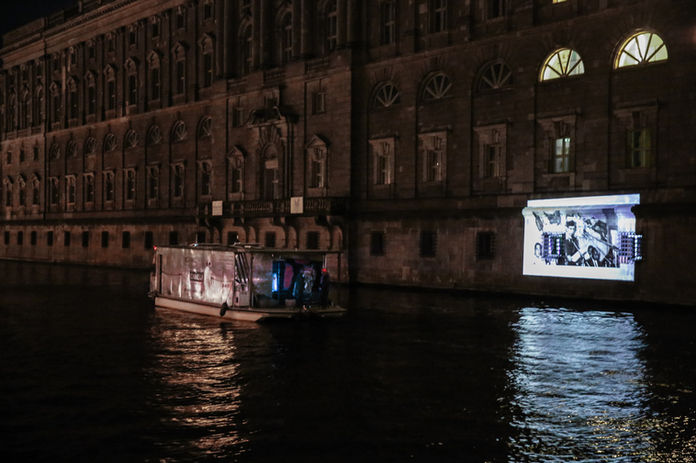
In his seminal lecture and text “Of Other Spaces,” Michel Foucault states:
“Brothels and colonies are two extreme types of heterotopia, and if we think, after all, that the boat is a floating piece of space, a place without a place, that exists by itself, that is closed in on itself and at the same time is given over to the infinity of the sea and that, from port to port, from tack to tack, from brothel to brothel, it goes as far as the colonies in search of the most precious treasures they conceal in their gardens, you will understand why the boat has not only been for our civilization, from the sixteenth century until the present, the great instrument of economic development (I have not been speaking of that today), but has been simultaneously the greatest reserve of the imagination.”
(Foucault and Miskowiec, "Of Other Spaces." Diacritics 16, no. 1 (1986): 22-27)
Apart from the discourse of heterotopia, Foucault in this statement explores three ideas: “colonies,” “brothels,” and the treasures of these spaces which were being explored by “boat.” Foucault’s glorification of “boat” expresses nothing but a deeply rooted glorification of violence committed by European explorers. The “colony” becomes nothing but an expression for otherness, and the “brothel” in the other cultures becomes a systemic glorification of patriarchal power structures.
In the history of colonialism, Foucault’s boat becomes one of the most significant objects. The so-called “discovery” of America, Papua New Guinea, and rediscovery of India in the postcolonial context becomes nothing but a process of invasion. The powerful European invaders such as Columbus, Cook, or da Gama were inhabitants of Foucault’s heterotopic boat. Boats have been a part of human history for the last 130,000 years. From the Indus Valley to Papua, from the Puntland to the rivers of Amazon, boats have dominated human transportation, trade, and culture in the pre-Eurocentric economy and beyond. Hence, boats are not only associated with colonial invaders, but there were also boats built by the people who were colonized. What happened to their boats?
Images of a voyage in the Spree River around the Museum Island of Berlin as a gesture of remembering the boats of those who were colonized. Together, we will travel with the stories of shark callers, failed revolutionaries, pirates, and untouchables.
Images from Lutz Henke and Miguel Buenrostro.






